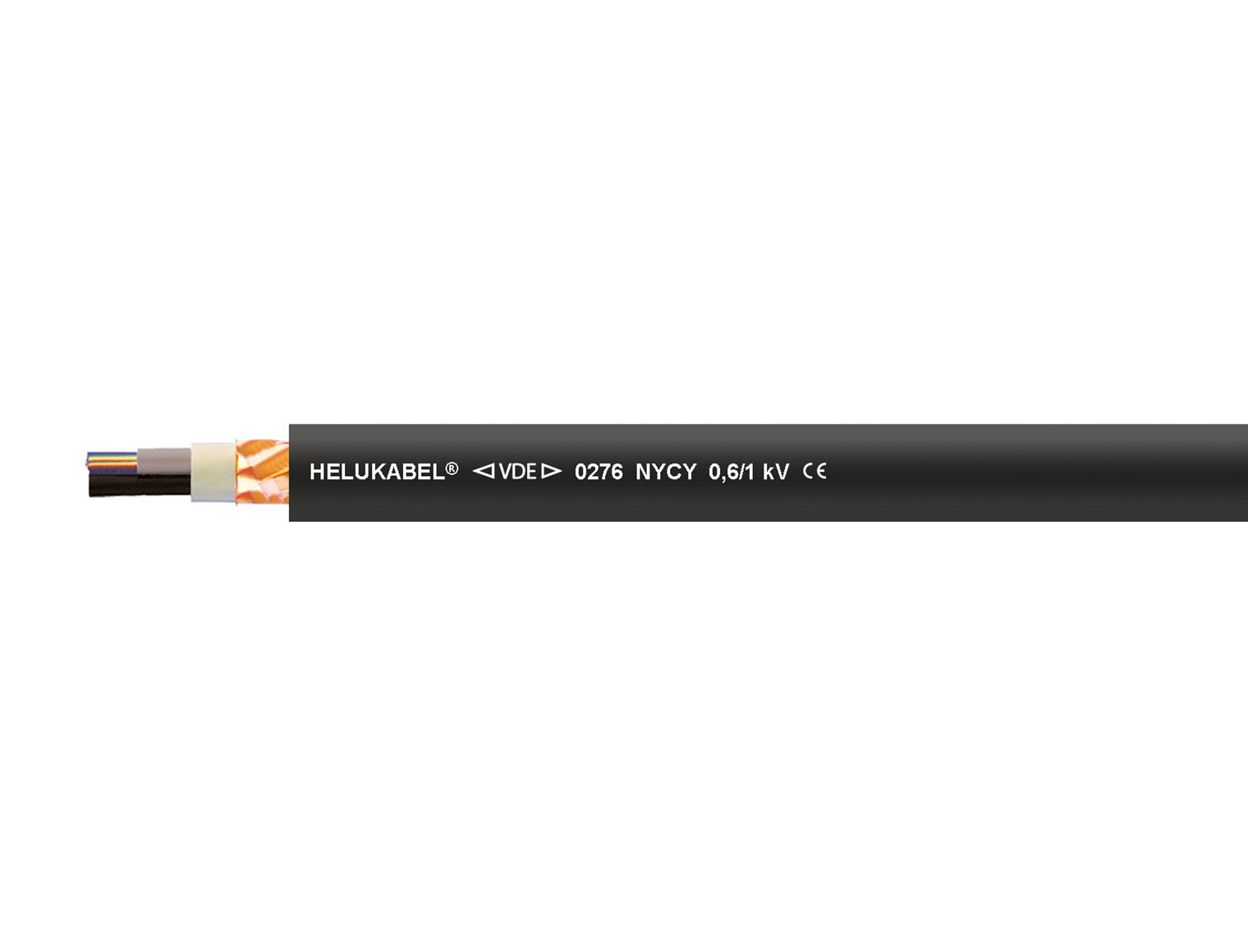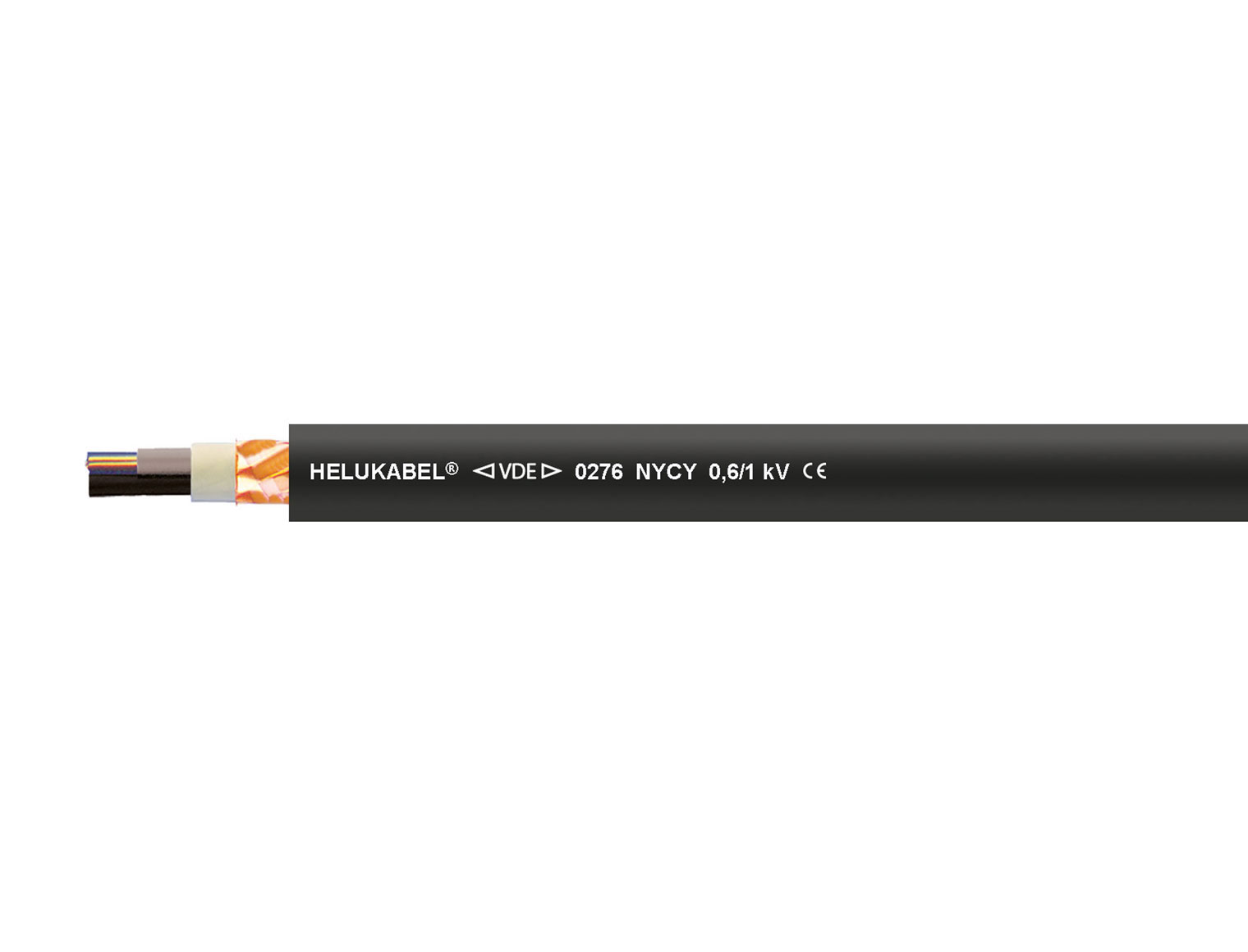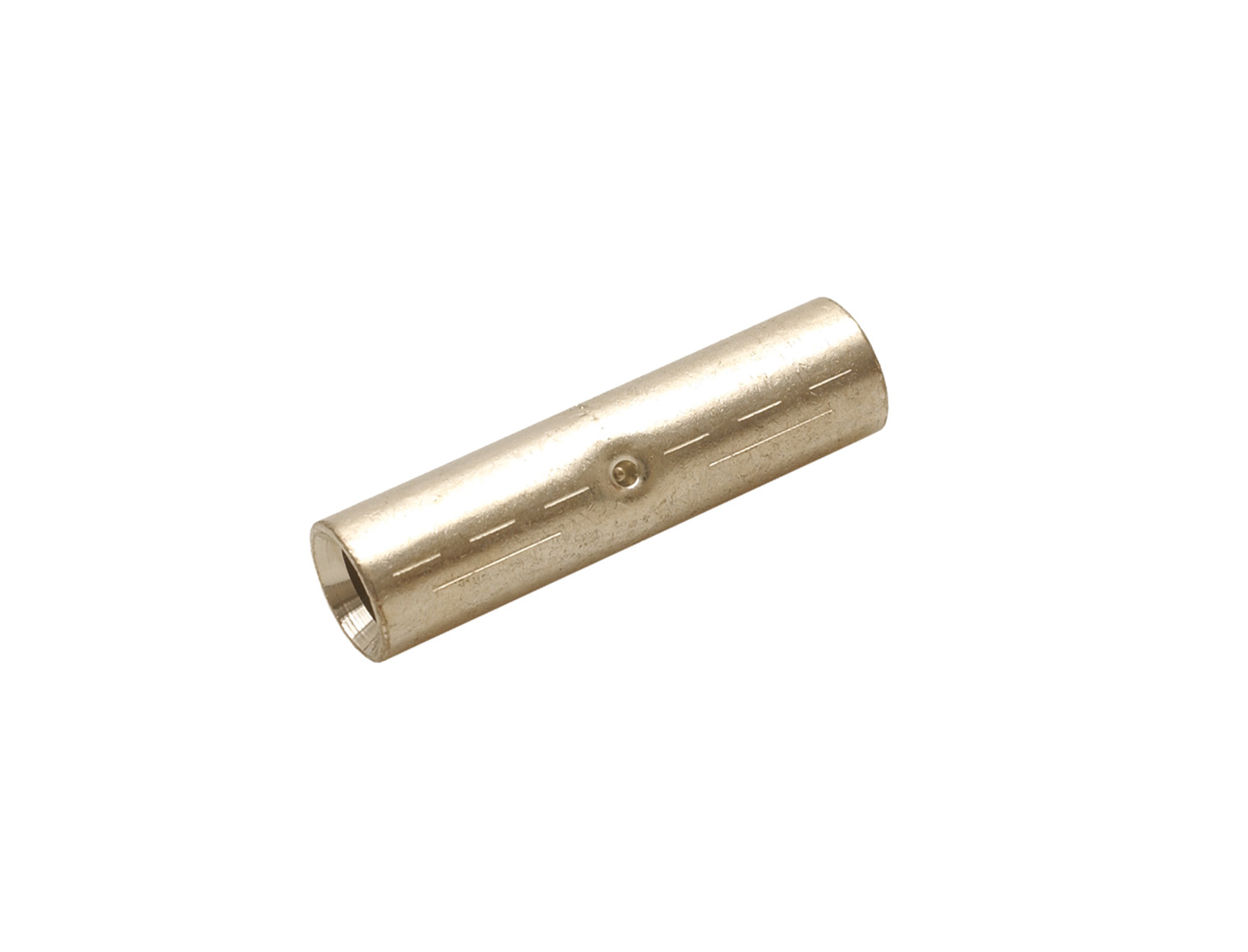




NYCY
All items
Technical Data NYCY
| Power and control cable acc. to DIN VDE 0276-603 / HD 603 S1 / IEC 60502 7 core and above acc. to DIN VDE 0276-627 / HD 627 S1 / IEC 60502 |
|
| Temperature range | flexing -5°C to +50°C fixed installation -40°C to +70°C |
| Permissible conductor operating temperature | +70°C |
| Permissible short circuit temperature (short circuit duration max. 5 s) | +160°C |
| Nominal voltage | U0/U 600/1000 V |
| Test voltage | 4000 V |
| Highest permissible voltage | Direct current systems: Conductor/conductor 1.8 kV Direct current systems: Conductor/earth 0.9 kV Alternating current systems: Single phase systems both outer conductors insulated 1.4 kV Alternating current systems: Single phase systems one outer conductor earthed 0.7 kV Three phase systems 1.2 kV; with concentric conductor and a cross section of 240 mm² and above 3.6 kV |
| Minimum bending radius | single core 15x Outer-Ø multi core 12x Outer-Ø |
| Caloric load values | see "Technical Information" |
Details NYCY
Cable Structure
-
- Bare copper conductor,
- single wire acc. to DIN VDE 0295 cl.1 / IEC 60228 cl.1
-
- Core insulation: PVC, compound type DIV4 acc. to HD 603 S1
-
- Core identification acc. to DIN VDE 0293-308
-
- Cores stranded in concentric layers
-
- Filling compound
-
- Concentric conductor
- in inner layer of round copper wires
- outer layer with copper tape
-
- Outer sheath: PVC, compound type DMV5 acc. to HD 603 S1
-
- Sheath colour: black
Properties
-
- the materials used during manufacturing are cadmium-free, contain no silicone and are free from substances harmful to the wetting properties of lacquers
Notes
-
- re = round conductor, single wire
-
- The conductor is metrically constructed (mm²). The AWG designation is approximate and purely informative.
Tests
-
- Flame retardant acc. to DIN VDE 0482-332-1-2 / DIN EN 60332-1-2 / IEC 60332-1-2
Application
-
- Power cables for energy supply are used for industry and distribution boards, power stations, house connecting boxes and street lighting as well as control cable for the transmission of control impulses and test datas. Overall, where increased electrical and also mechanical protection are required. Those cables are installed in open air, in underground, in water, in concrete, indoors and in cable ducts. The concentric conductor (C) may be used as PE, PEN conductor or as a shield according to national regulations.
Items NYCY
|
Item description
Part no.
|
Outer Ø mm (approx.) | Cu factor per km | Weight kg/km (approx.) | Copper base in EUR / 100 kg |
|---|

